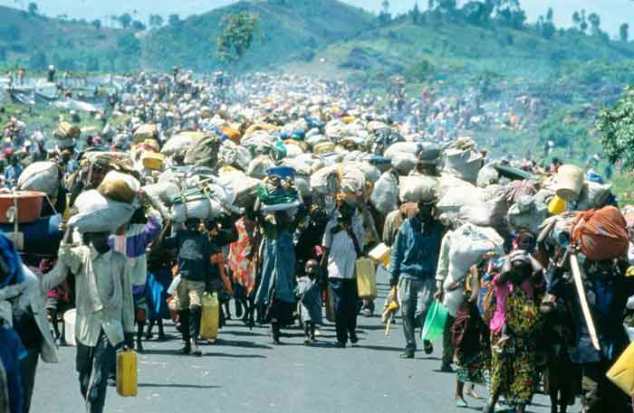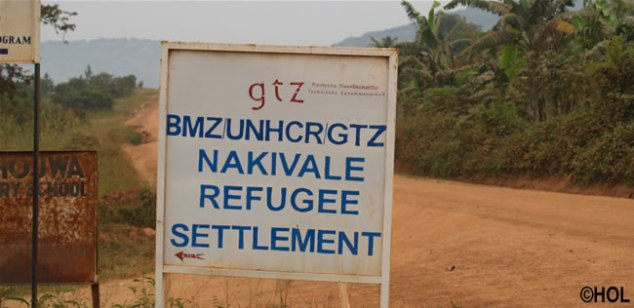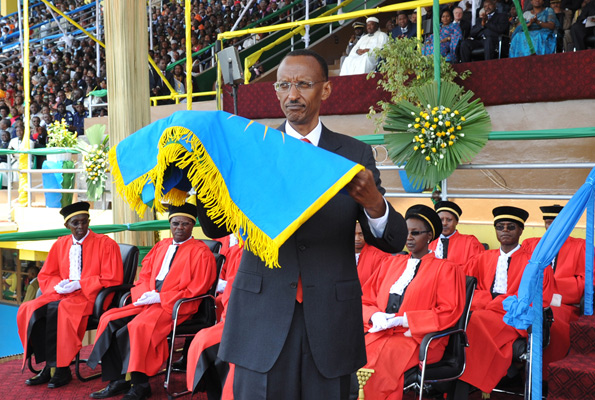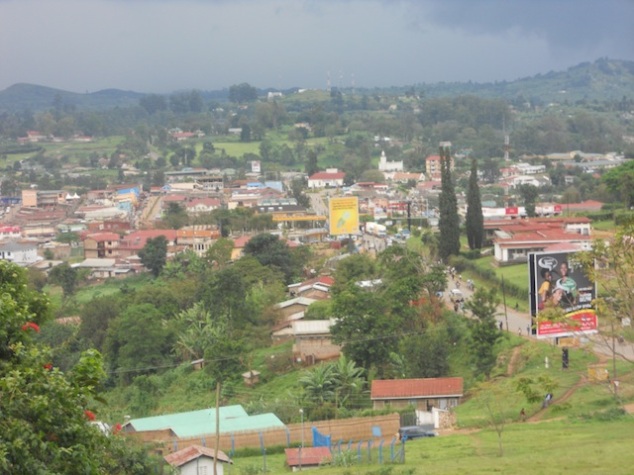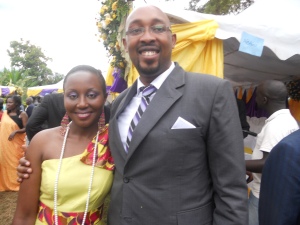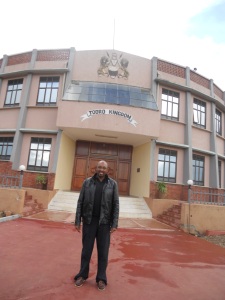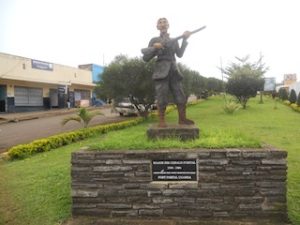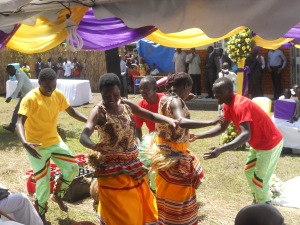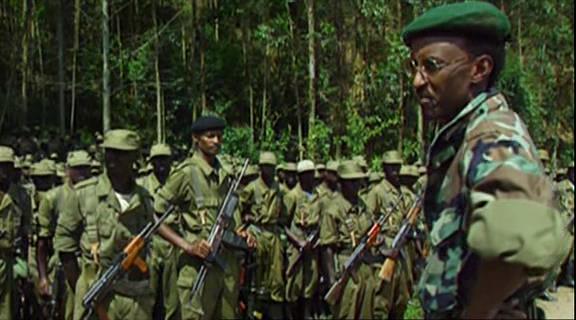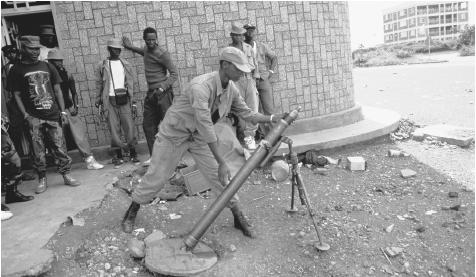Uganda’s Daily Monitor newspaper reported that last week that a group of disgruntled Rwandans had arrived at the United Nation High Commission for Refugees (UNHCR) office in the Kololo suburb seeking protection. The 16-strong group made up of fourteen men and two women were directed to the Old Kampala Police Station to start processing their asylum papers.
According to the Daily Monitor, they were forced to seek asylum when they started getting harassed by officials from the Rwanda Examination Board (REB). When The New Times visited them on Monday at the Prime Minister’s Office, where the reporter found them processing refugee application documents. “I got 66 points out of 70, but the following day my results had been erased from REB web site,” the group’s leader, who refused to divulge his name, claimed. “There are students who skipped classes which is understandable but our case is different and should be investigated properly.”
The 16 students in Kampala are among the 574 private candidates whose senior six results were cancelled by REB because of alleged examination malpractices.
To say that the government did not see the funny side to this hilarity would be an understatement. The statements made by the students were “utter falsehoods”, said Rwanda’s High Commissioner to Uganda, Frank Mugambage. “Their results were withheld due to exam malpractices and they never followed the established procedures while registering for exams”, he told The New Times.
Now I will not pretend to know whether or not the students actually cheated or not (that will be for the REB and other relevant authorities to figure out). What I have to question is why their first instinct was to flee the country instead of figuring out their problem. The penchant to flee the country and beg for asylum in another country is something that I’ve never seen in another people.
It was in Uganda, where I lived for a few years, that I learnt the term ‘Nkuba Kyeyo’ (a colloquial Ugandan term for economic migrants).
Nkuba kyeyo’s were people, usually young men, who did all they could to get visas (usually tourist or student visas) to foreign countries. When they finally arrived in the US, Canada, Japan or the UK they would then melt into the immigrant community and get menial jobs, becoming illegal aliens and risking deportation and abuse. However, if they stayed out of trouble they’d make enough money to go back home with enough money to buy land, build a house, start a business and marry a wife. They were men (and women) with a mission. They did not expect to be coddled by a nanny state; they wanted to work hard and reap the rewards of their toil. And after that, they’d go home. They were migrant workers, not refugees. While illegal, it was something that they could be proud of. Not so refugees.
Rwandans have had long history with the concept of ‘asylum’ and ‘refugee status’. From 1959 all the way to 1994, millions of Rwandans fled the country, escaping the clutches of death. Since then, millions have returned into the country (I am among that number). Rwandans are now working hard, trying to build a country that they deserve. It’s not a perfect nation-not by a long shot. However, it is not the hellhole it used to be. Which brings me to the issue of people leaving the country.
I’m honestly sick and tired of people leaving on their own volition, flying out of Kigali International Airport on Rwandair, and then turning around and saying that they “fled for their lives”. Disgruntled politicians, civil servants and now students have been doing this for years. Enough is enough. If you want to leave, go. But don’t pretend that it is about ‘persecution’. It’s about the ‘pursuit of happiness’. You want to live a ‘better life’ full of washing machines, 24-hour malls and sleek highways. And that’s okay.
Personally, I remember how humiliating it was to be addressed as ‘refugee’ and I would never trade my citizenship for anything in the world. You would
have to pry my citizenship from my cold, dead hands. Under no circumstances would I leave this country unless it was my choice. Would l fly out if I felt that I had better opportunities abroad? Absolutely. Would I seek refugee status? No. I would be too proud.
To the students I say, return and solve the issue. To the other Rwandans around the world, despite their political and ideological leanings, come home and be a part of a better Rwanda. Together we can build this into a country that we’ll be proud to leave our children. For too long being Rwandan was synonymous with being a refugee. Enough already.

